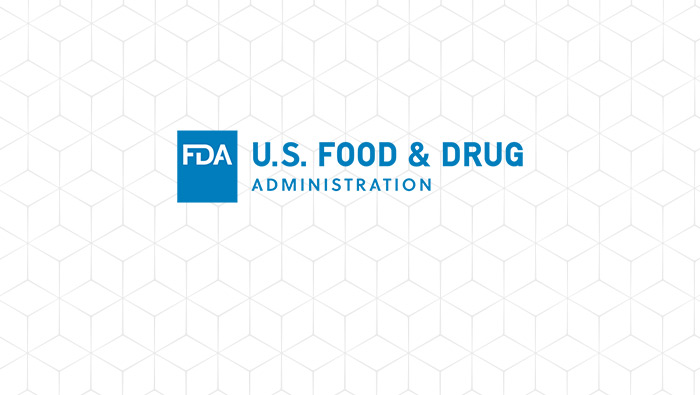A recent FDA warning letter concerning identity testing and contaminated glycerin highlights the significance of a recurring potential public health hazard. After several lethal poisonings worldwide, it is apparent that high-risk drug components contaminated with diethylene glycol (DEG) or ethylene glycol (EG) are finding their way into pharmaceutical products in instances where robust identity specifications testing are excluded.
Diethylene glycol (DEG) or ethylene glycol (EG) are sometimes detected as contaminants in glycerin. In fact, the risk of contaminated glycerin, however, is a concern not just to the pharmaceutical industry, but also may be a risk to the dietary supplement as well given the ubiquitous use of glycerin in supplement products. Development of adequate specifications testing in both the pharmaceutical and dietary supplement industry is a persistent challenge.
Recently, in May 2023, FDA released a Guidance for Industry concerning testing of Glycerin for Diethylene Glycol and Ethylene Glycol which not only discussed FDA requirements that mandate specifications testing but also recommend a specific identity and limit test to confirm that when glycerin is used as an ingredient, it meets the limits of potential contaminants, notably DEG and EG.
- Review FDA’s Guidance Document concerning testing of Glycerin for Diethylene Glycol and Ethylene Glycol
- Assess whether current specifications testing, as part of overall cGMPs, use robust, validated, and verifiable methods and equipment.
- Conduct an internal audit for all products containing glycerin to ensure the quality and safety standards are being met.
- Ensure supplier provided raw material specification testing is adequately reviewed and randomly confirmed prior to acceptance.
- Maintain rigorous in-process and finished product testing that adhere to FDA requirements.
- Develop documented processes for rejections, CAPAs and verification testing.
EAS Consulting Group assists clients with specifications testing, SOP development, supplier audits and more, helping all FDA regulated industries ensure compliance with cGMPs. Our toxicologists, microbiologists and chemists assess SOPs and provide third-party and unbiased reviews of processes, procedures and associated CAPAs, while our partner laboratories under the Certified Group conduct specifications testing for identity, purity, strength, composition and potential contaminants.
Ready to learn more about scientifically sound specifications testing for dietary supplements? Check out our webinar presented by EAS Consultant, Steve Cammarn, Ph.D.
Posted in Drugs, FDA and USDA Regulatory Update.
